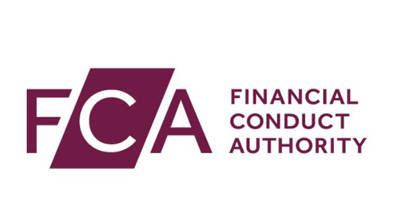
The Financial Conduct Authority (FCA) has issued a warning to motor finance firms they must maintain adequate financial resources at all times, in light of potential claims arising from the regulator’s review of the historical use of motor finance discretionary commission arrangements (DCA). The regulator also reports that many lenders are struggling to provide the data required for its assessment.
The FCA’s statement notes: “We have observed firms taking different approaches to account for the potential impact of previous use of DCA on their financial resources. So, we are writing to firms to remind them they must maintain adequate financial resources at all times.
“While each firm will need to examine its own specific circumstances, we expect this would include planning for any additional operational costs from increased complaints and, where applicable, to meet the costs of resolving those complaints.”
The FCA said it expects any firm’s assessment of its financial resources to be “proportionate to the scale and complexity of its regulated activities”.
The regulator said: “The assessment is expected to be forward looking and must consider the risks, and potential liabilities, your firm is exposed to, including any potential redress liabilities. We expect you to analyse the impact of making any capital reduction, such as dividend payments, on your firm’s ability to meet potential future liabilities that may arise from historic use of DCA arrangements.”
Data difficulties
On 3rd April, Barclays commenced judicial review proceedings of the Financial Ombudsman Service’s decision to uphold a complaint relating to DCAs.
The FCA said: “We recognise this work has generated some uncertainty. We want to provide certainty to consumers and firms as soon as possible. However, that relies on receiving comprehensive data promptly from a range of firms, and potentially, the speed and outcome of any litigation.”
The regulator said delays in providing data promptly were down to a range of reasons, including data being stored on multiple systems and / or being spread between lenders and brokers. In some older cases, firms have not retained all relevant records.
As the motor finance review continues, the FCA said its advice is firms should:
- Continue to investigate the complaints they receive involving a DCA. This will help ensure firms are able to act promptly to resolve complaints if the FCA decides to lift the current pause and complaint handling resumes. Even if the regulator decides that DCA complaints should be resolved through an alternative approach, it is highly likely that firms will need to take similar steps.
- Consider the Information Commissioner’s Office guidance on responding appropriately to data subject access requests. Firms should confirm, if a consumer asks, whether their agreement involved a DCA, even if they haven’t submitted a data subject access request.
- Notify the FCA if they are involved in litigation relating to motor finance commissions that are subject to, or likely to be subject to appeal to the High Court or Court of Appeal.
So far this year Close Brothers has revealed plans to bolster its finances by £400m as a it prepares for the impact of the FCA investigation, while Lloyds has set aside £450m. Some analysts have suggested Lloyds, the parent of Black Horse finance, could be on the hook for compensation running over £1bn.
The FCA re-iterated its plans to set out next steps by 24th September 2024 at the latest, and said if necessary, it will extend the review and the complaint pause currently in place.
FCA information about what firms need to do is on the regulator’s motor finance complaints page.
AFC’s UK summer conference on 6th June at etc venues, County Hall, London will look at the issues raised by the FCA motor finance review in depth. For more details, visit the event website at https://afcconferenceuk.com/assetfinanceconnect2024/en/page/home









